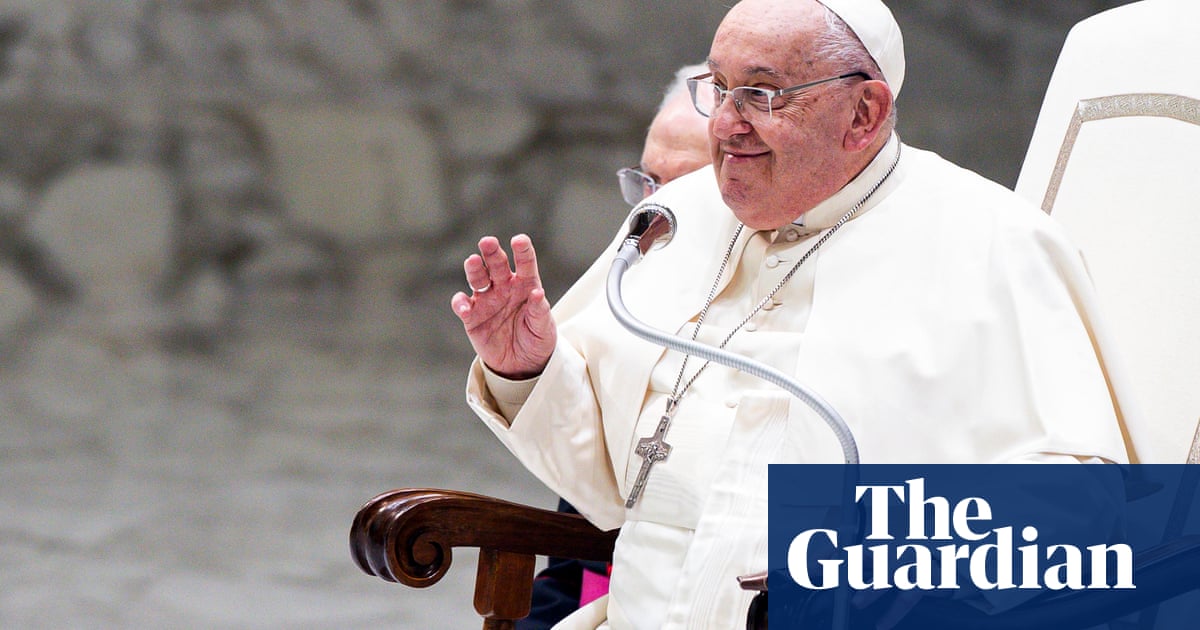Launching his government’s new ministerial code this week, the prime minister said that restoring trust in politics is “the great test of our era”. That is a bold claim in times of climate crisis, but it contains much truth. Without trust in government, democratic bonds shrivel and demagogues prosper – a lesson for our times. But in truth, Sir Keir Starmer seems to have taken a disturbingly easygoing approach to doing enough about it.
It has in fact taken him 124 days in office to publish his version of the rules on ministerial behaviour. During that time, the government’s – and Sir Keir’s – judgment about the acceptance of gifts from donors went badly missing. Those episodes did serious – and perhaps lasting – reputational damage to the government. It was all eminently avoidable. Publication of the code now feels like shutting the stable door after the horse has bolted.
By contrast, David Cameron published his code within 10 days. Gordon Brown did it in only six. So it was not unreasonable to expect a Starmer code to be in place very soon after 4 July. Plenty had made the case for early action, including in this newspaper. After all, disregard of rules had been a pivotal failing of the previous government, and Labour’s plans had been clearly set out. A strict code, published early on, would have sent an unmistakable signal about change. It might also have spared Sir Keir weeks of damaging stories about his new glasses, suits and concert tickets, and his loan of a flat.
Those misjudgments are particularly culpable because the new code is in fact a strengthened one. It rightly restores the requirement on ministers to obey international law and treaty obligations, withdrawn by Mr Cameron in 2015. It also puts the Nolan principles of conduct in public life back into the code, after Boris Johnson relegated them to an appendix in 2019. Importantly, it authorises the prime minister’s independent adviser on ministerial standards to initiate their own investigations. These are all positive steps.
Yet grey areas remain. Rules on gifts have been made more transparent – there will be a monthly published register. Entries in the newly updated list of ministers’ interests, however, often remain cryptic; all of them should be more detailed. Responsibility for behaving properly is also still mainly devolved to individual ministers, albeit subject to civil service advice. The new code does not explicitly bar gifts such as clothes, tickets and accommodation, so it may not restrain ministers with a misplaced sense of entitlement. The potential for political damage therefore remains.
Because such cases can drain respect from politics so destructively, there is an urgent national interest in getting it right. Thirty years on from the Nolan committee on standards in public life, independent supervision remains uneven and incomplete. Ministers – and the prime minister in particular – still retain too much discretion. Cronyism is an increasingly serious problem too. It is not enough for Labour to insist on its own virtue. It must also prove it to a doubting public, all the time. For that, only extended independent supervision and regulation will suffice.
-
Do you have an opinion on the issues raised in this article? If you would like to submit a response of up to 300 words by email to be considered for publication in our letters section, please click here.

.png) 2 months ago
15
2 months ago
15













































